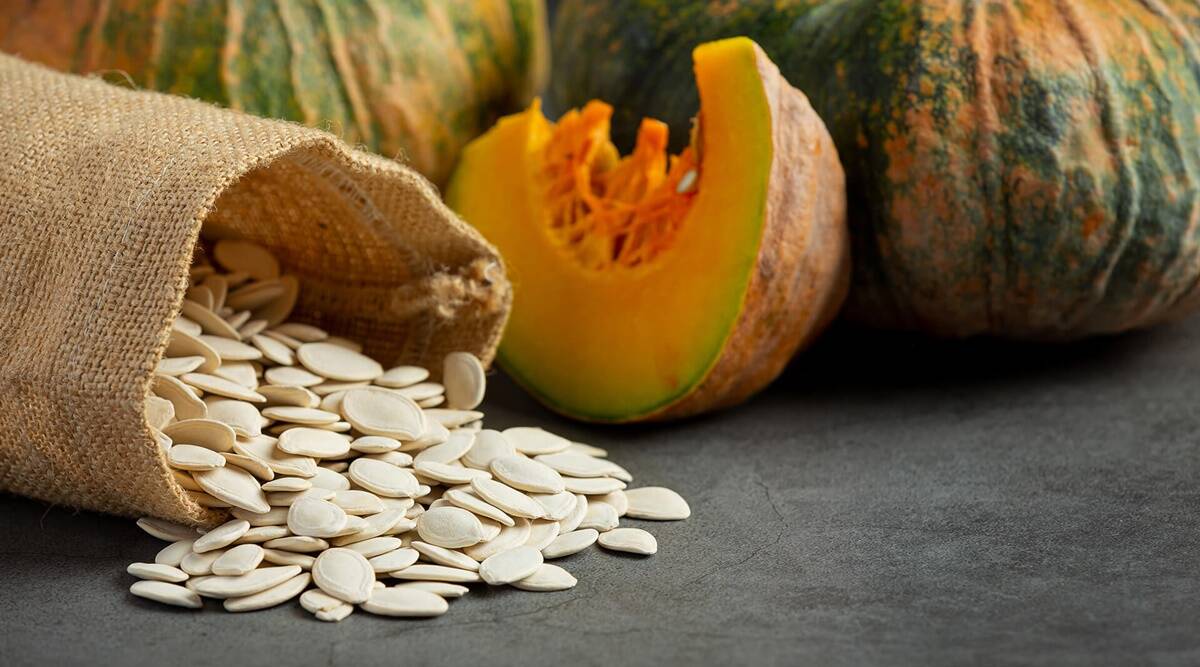Pumpkin seeds, also known as pepitas in Spanish, are not only a delicious snack to carry around but also offer potential health benefits. These seeds, derived from the pumpkin plant (Cucurbita pepo), are packed with essential nutrients and can be a valuable addition to the diet of individuals, including those with diabetes.
When it comes to managing diabetes, nutrition plays a crucial role. These seeds are a healthy choice due to their low carbohydrate content, high density of fibres content and valuable nutrients. They are rich in antioxidants like Vitamin E and carotenoids and are, therefore, anti-inflammatory. Here’s a closer look at their nutritional value and potential benefits for individuals with diabetes:
Benefits of Pumpkin Seeds
· Low carbohydrate content: They are relatively low in carbohydrates, making them a suitable option for people with diabetes who need to manage their blood sugar levels. An ounce (28 gram) serving of pumpkin seeds contains approximately 5 grams of carbohydrates.
· High in fibre: Fibre is beneficial for individuals with diabetes as it helps regulate blood sugar levels and promotes overall digestive health. Pumpkin seeds are a good source of dietary fibre, with around 1.7 grams of fibre per ounce. Including fibre-rich foods like pumpkin seeds in the diet can contribute to better blood sugar control.
· Magnesium-rich source: Pumpkin seeds are an excellent source of magnesium, an essential mineral that plays a vital role in carbohydrate metabolism and insulin regulation. Adequate magnesium intake has been associated with improved insulin sensitivity. A serving of pumpkin seeds provides about 37 per cent of the daily recommended intake of magnesium.
· Healthy fats: Pumpkin seeds are rich in healthy fats, including monounsaturated and polyunsaturated fats, such as Omega-3 fatty acids. These fats are known to promote heart health, reduce inflammation and support overall well-being.
· Plant-based protein: Pumpkin seeds are a good source of plant-based protein, which can be particularly beneficial for individuals with diabetes. Protein helps to slow down the digestion of carbohydrates, preventing rapid spikes in blood sugar levels. Incorporating pumpkin seeds into the diet can contribute to a more balanced meal plan.
· Source of zinc: A serving of seeds contains about 6.6 mg of zinc, which accounts for almost half the recommended daily intake. Zinc is important in the diet because it’s an antioxidant and an anti-inflammatory agent that also helps the metabolic process. It is a natural source of tryptophan, which can help promote sleep. The seeds have been linked in laboratory studies to a reduced risk of some types of cancer, including breast and prostate cancers. Studies in animals have shown that pumpkin seed oil may reduce cholesterol and high blood pressure.



